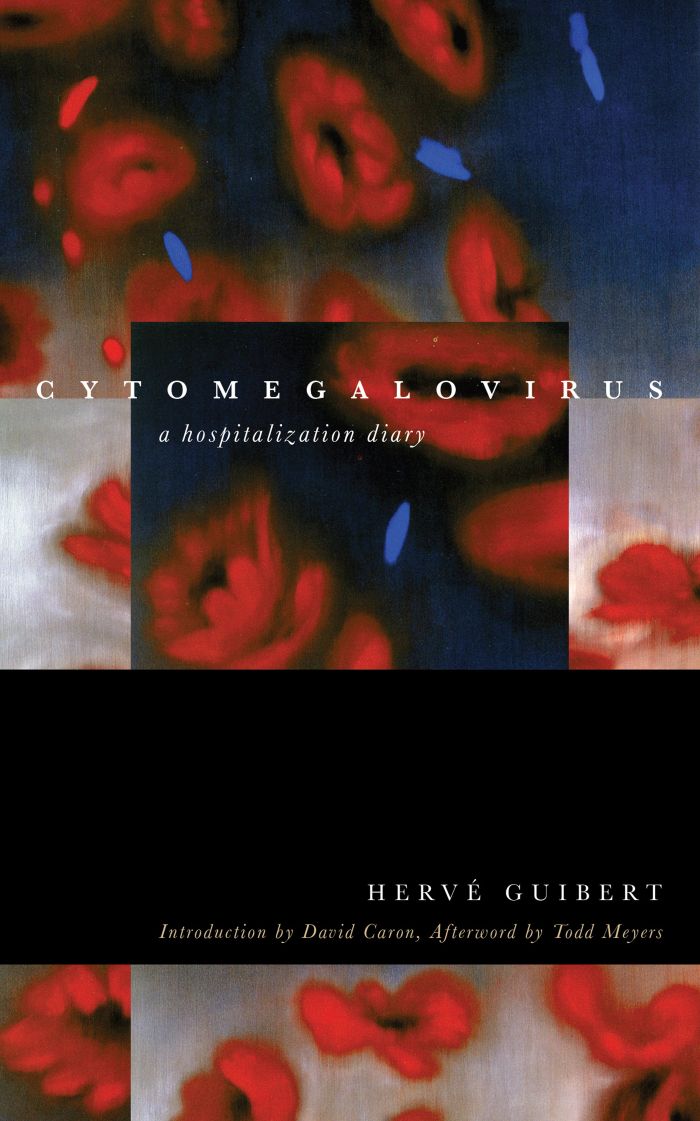Cytomegalovirus
A Hospitalization Diary

This book can be opened with

By the time of his death, Herve Guibert had become a singular literary voice on the impact of AIDS in France. He was prolific. His oeuvre contained some twenty novels, including To the Friend Who Did Not Save My Life and The Compassion Protocol. He was thirty-six years old. In Cytomegalovirus, Guibert offers an autobiographical narrative of the everyday moments of his hospitalization because of complications of AIDS. Cytomegalovirus is spare, biting, and anguished. Guibert writes through the minutiae of living and of death—as a quality of invention, of melancholy, of small victories in the face of greater threats—at the moment when his sight (and life) is eclipsed.
This new edition includes an Introduction and Afterword contextualizing Guibert’s work within the history of the AIDS pandemic, its relevance in the contemporary moment, and the importance of understanding the quotidian aspects of terminal illness.
“Like Roland Barthes’s Mourning Diary, Hervé Guibert’s hospitalization diary speaks with moonlit clarity about the threshold between life and death; with this heartbreaking and exemplary book Guibert has earned literary immortality.”
“In this medical humanities classic, the vulnerable yet unabashedly confrontational Hervé Guibert dissects the solitary hospital body that he and unknown others have become exam after exam, drug after drug, humiliation after humiliation, scream after scream. The writer’s urgent will to live and poignant desire to invent relations inside and outside the hospital are nothing short of breathtaking.”
“To read Guibert’s journal of faltering vision is to teeter at the portal to many worlds. He stands, like Saramago, between light and darkness, right and wrong, life and death. What he sees and hears there—what he learns—is timeless. This book is a gift.”

